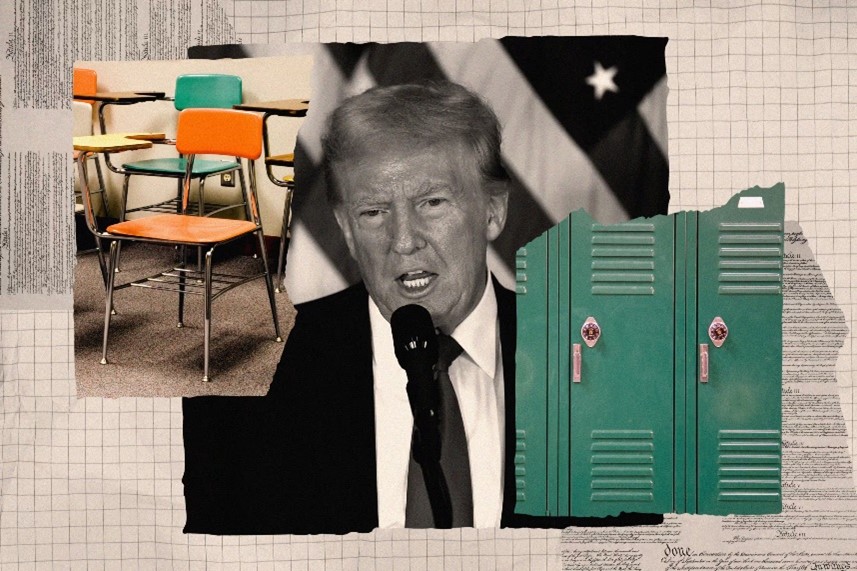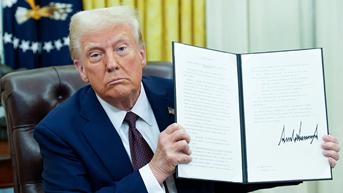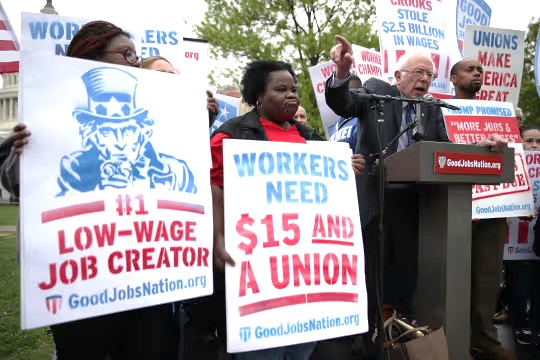Trump has won the election, and the consequences will be far-reaching. Notable consequences include controversial plans for education, from K-12 to college. Running on a conservative platform, Trump has stated plans to roll back many of the educational reforms of his predecessors. He has vowed to shut down the Department of Education, returning educational responsibility back to local governments, and rescind Biden administration plans for student loan forgiveness.
He has also stated his intention to devise “additional, drastically more affordable alternatives to a traditional four-year College degree,” implying a plan to compete with traditional academia in postsecondary education. According to the Washington State Standard, Trump summarizes these plans as those to “fire Radical Left accreditors, drive down Tuition costs, restore Due Process protections, and pursue Civil Rights cases against Schools that discriminate.”
Trump’s plans reflect a long-standing conflict in educational policy between progressives and conservatives. These conflicts have mainly revolved around curriculum content; conservatives have generally emphasized terms such as “patriotism” in their proposals and have also criticized aspects of progressive content such as critical race theory and skepticism of traditional ideals of gender.
The 2024 presidential election escalated this conflict into a key issue: Republicans portrayed schools as battlegrounds to be “won back” from the left. Running as a right-wing GOP candidate, Trump made clear his intentions to leverage his administration’s powers to reinforce conservative policy goals.
Indeed, he has threatened to cut funding for progressive schools and has proposed legislation to allow parents “full curriculum transparency.” This rhetoric is consistent with the conservative portrayal of progressive schooling as “political meddling” and in opposition to “American Values.”
Trump’s direction has been criticized by many in the educational field. Wil Del Pilar, senior vice president for Education Trust, a research and advocacy organization, stated about Trump’s rhetoric: “It’s fear-based, non-factual information, and I would call it propaganda,” while Peter McDonough, general counsel for the American Council on Education, said that “a partnership between higher education and the administration is going to be better for the country than an attack on education.”
The outcome of the election will hold relevance for millions of young Americans. It represents an escalation in the educational policy debate and a victory for conservatives in the wider cultural conflict. Yet, what this will actually entail for Americans remains to be seen.
For more information:
Trump promised to end ‘wokeness’ in education. He has promised to use federal funds as leverage
Trump won the presidency. What does that mean for education?















